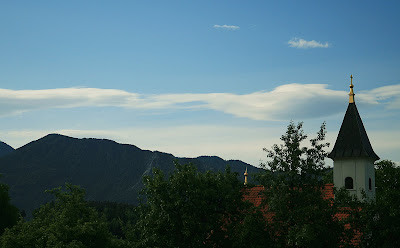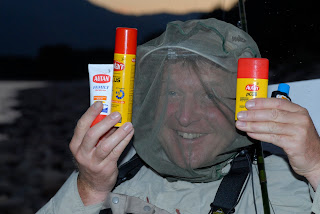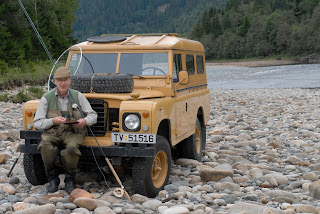Mnemiopsis leidyi
- a very dangerous jellyfish.
Mnemiopsis leidyi - also called the american comp jelly
is a pure killer, a mass murder, nothing less!!!
In Denmark we call it "The Killer Jelly fish" - and that is exactly what it is.
It all started in the beginning of 1980. The Mnemiopsis leidyi was brought to the European oceans in ballast water tanks inside super tankers. It was first discovered in the Black Sea, where it was the main reason for a total collapse of the entire fish population, after a period of only 5-7 years, and it has never really recovered, from this sad fauna pollution. In 2005 it was observed for the first time in northern parts of Europe, and after that, it has been a sad reality along the danish coastlines, and are now often seen in huge schools!!! - a very scary development.
Biology
The Mnemiopsis leidyi can be up to 15 cm. long, it has an egg shape and can be hard to se in water, but can glove in the dark (bio-luminescens). It is a greedy predator, that feeds from zooplankton, but also fish eggs and small larvae is on the menu. It can eat up to 15 times it own body weight every day, the pray is caught by small adhesive cells along it body shape. They can't harme bigger fish, but it takes out the first joint in the food chain, witch makes it so dangerous for every living environment.
But on top of all that - as if it wasn't enough!! - what is even more scary is that it is a hermaphrodite, and can reproduce it self only a few weeks after it's birth, and then they are capable of laying up to 12000 eggs in only 10 days - which speaks for it self, especially if the living conditions are right during a season.
Very, very scary perspective, and it has just begone!!!!!!
How does it affect the fish populations in general?
These huge amounts of Mnemiopsis Leidyi can literally vacuum the oceans. An example of this phenomenon, was proved in a study from july 2007, of how the amount of small vandlopper (a small kind of gammaridae) was reduced to 1 pr. m3, witch were normally 17 pr. m3, in Skive Fjord (a place in Denmark). Such a decline in the source of zooplankton, can not avoid to have an serious effect on the fish populations, that feed from this source.
Herring, brisling, mackerel, sea trouts, just to mention a few spices of fish, will suffer badly from these conditions, and in a wider perspective it will for sure affect the industrial fishing for Salmons in the Baltic sea, as well. Maybe that will create a political initiative, when jobs disappear and it begins to have some economic consequences in a big scale!!! - but then it is probably already too late, and the whole ecosystem has lost it's diversity.
- these small devils ?
Mnemiopsis Leidyi is very tolerant to both salt and temperatures and it can survive in temperatures from 2-25 degrees, so a real cold winter will increase the population, unfortunately the Mnemiopsis Leidyi has been found down to 40- 60 meters of water depth, and down there in the dark, the temperature seldom goes below 5-7 degrees.
But despite all these sad facts, there is a small light in the dark. Mnemiopsis leidyi has a few enemys. One of them is called the Beroe Cucumis - witch is another type of jelly fish, that feeds of the Mnemiopsis Leidyi, only problem is that it doesn't reproduce in the same numbers as the Mnemiopsis Leidyi. Then there is a fish called Stenbideren, witch also feed of the Mnemiopsis Leidyi - so it is a race between these species!!!.
Right now, as I am writing this blog, we are having the coldest winter in 24 years outside, and it snowing and freezing big time :O)
Ice is covering our oceans and fjords witch is probably the best thing that can happen right now, and the weather forecast promise even more freezing temperatures!!! - Thank you dear Weather Gods !!!! - give us more!!! - give us a deep freezer!!!
Let's hope that this problem doesn't spread to other parts of the world, and let us also hope that this problem, we are now facing in my part of the world, will create a much more focused political awareness about these problems in the future, otherwise the future generations will without doubt face some very, very serious consequences.
I you want to explore this issue even further, there is a lot of relevant links to be found on the internet - here is a few good ones:
" We all look too much at mother nature, but we spend too little time in it !!"
- Oscar Wilde
.¸¸.·´¯`·.¸ )><((((º>

























































































